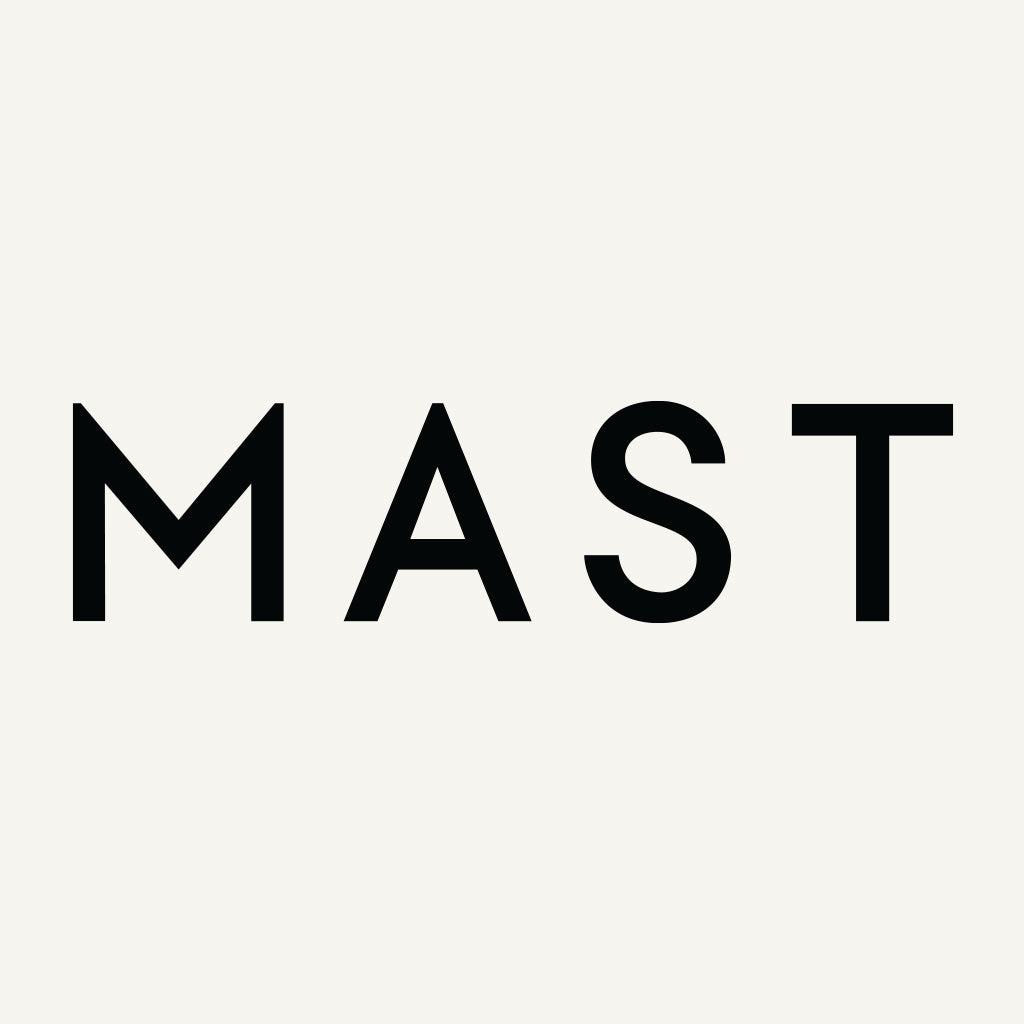Nothing to Waste with Camilla Marcus
In January 2018, Camilla Marcus opened west~bourne, the first zero-waste restaurant in Manhattan. The goal of the all-day SoHo operation was to serve vegetable-forward, California-inspired dishes without negatively impacting the environment. Camilla wanted the place to be a neighborhood hotspot, too, and it was until she had to close its doors in September 2020. The challenges of the pandemic made it impossible for the cafe to continue, but that only meant the first chapter of west~bourne was ending.
For the past three years, Camilla has been building west~bourne 2.0, a zero-waste, regenerative provisions brand that’s on a mission to align people and the planet through food. The company’s eco-friendly, sustainably-packaged specialties include kitchen essentials like organic extra virgin avocado oil, baking mixes like house pie crust, and snacks like spiced goji berry crunch. Though the venture might seem like a pandemic pivot, selling consumer products was always part of the vision.
“The whole business plan was to get into products as a way to grow,” Camilla explains. “We wanted to be in every home, so we started experimenting with packaged food really early on in the company's history. The restaurant was the kernel and we had always wanted to do what we're doing now. What wasn't on the business plan was closing the restaurant. That was really due to COVID and extenuating circumstances. The products were always meant to be a natural extension.”
Though provisions are now west~bourne’s primary focus, Camilla keeps her hospitality skills sharp by interacting with customers at events and activations. Here, she shares more about her entrepreneurial role, the evolution of west~bourne, and what she envisions for the future.
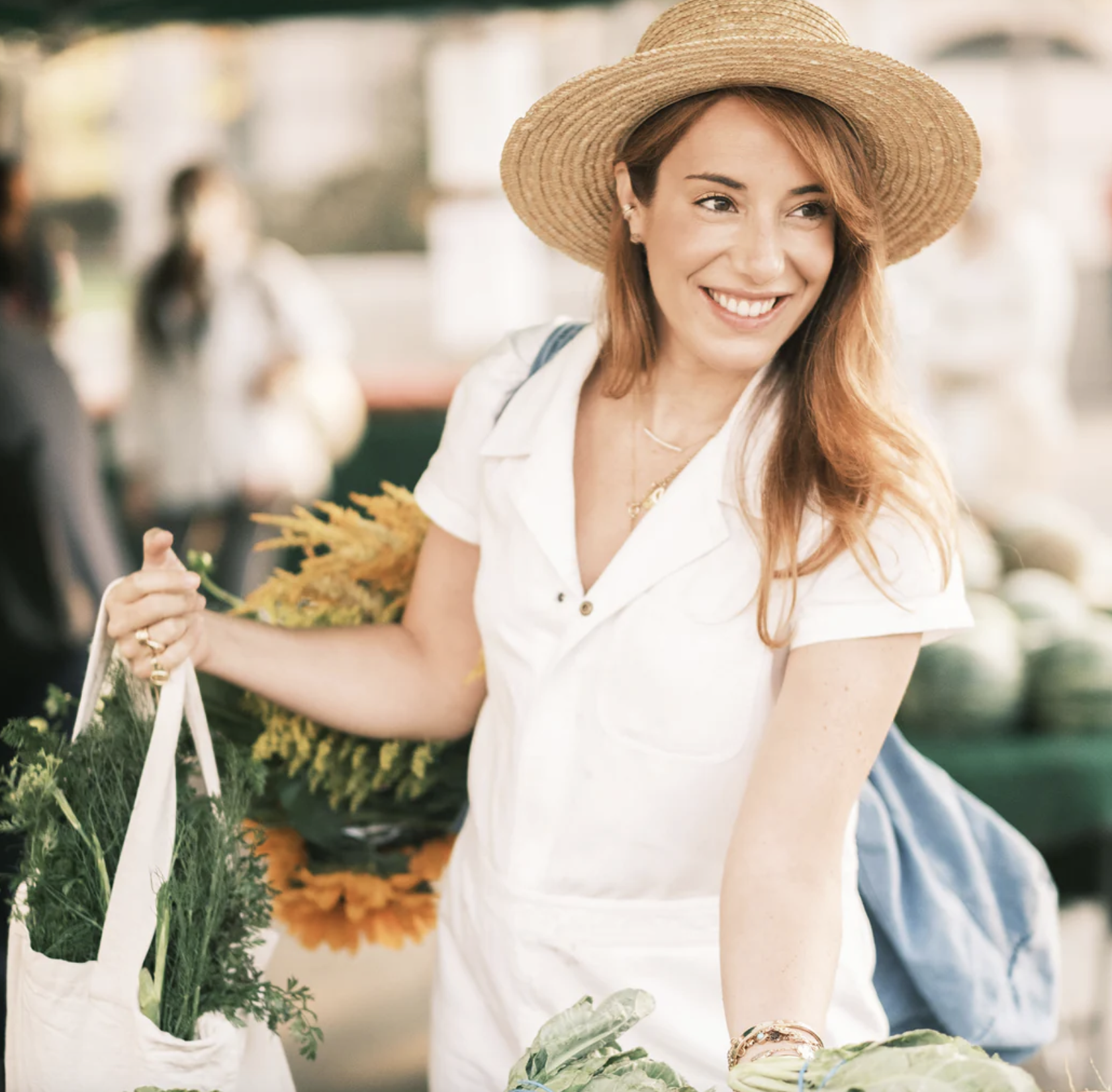
Camilla Marcus, photography courtesy of west-bourne
Mast Journal: How did you first come to open a restaurant? What is your professional background?
Camilla Marcus: I think of myself like a Swiss army knife. I’m quite the generalist. Our world kind of encourages specialization, but from a young age, I was always much more of a generalist. I was very left brain-right brain balanced. So I am a chef and I went to culinary school, but I have a JD MBA, as well.
Growing up in Los Angeles, I lived on the same block as Mrs. Gooch, who was really the godmother of the natural grocery movement. My family was what you would call eco-conscious now, but it's always just been the California way of life. That is really the root of everything I do. I was taught that you live in harmony with nature, which provides a better environment for the next generation, but is also better for your own health. Our motto at the company is ‘Sustainable in all ways.’ It has to be consistent through every piece of the fabric.
MJ: Definitely. And how did you learn enough about sustainability to launch a zero-waste company?
CM: I'm very much a listener and a learner by nature. Our number one value at the company is curiosity. If you really want to change the status quo, you have to learn and be willing to change your mind. And so it's really about doing a lot of research, talking to experts in the field, and then collating that with our community, what they want, what they need, how they think about it.
It really comes down to curiosity. And then probably insatiable optimism. I'm just someone who always believes that if you're willing to put everything behind it, we can make great change. And I think we saw that with pandemic restaurant relief. I saw that in my work with the restaurant. And I think we see that in our products, that really having a commitment to quality over everything and having our North star be this alignment of planetary and personal health. Anything is possible if you really keep that filter and stay committed to it.
MJ: One hundred percent. How did you develop west~bourne’s sustainable packaging? What materials do you use
CM: We're a constant work-in-progress. When it came to packaging, our first commitment was plastic-free from the start. Our second commitment was reusables like recycled cardboard boxes. For our avocado oil, the tamper bands are compostable, cellulose-based products. With our snack bags, the fact that we have the seal at the top, it's really meant to limit waste and extend the life of that snack. It's really down to every little last detail.
We assess every single one of our products and the packaging quarterly, if not more than that. I meet with new material scientists weekly. I'm a big believer that people make change and people are the ones that drive real innovation. And so it's always about building those relationships and collaborating towards the next step in sustainability. We're already meeting with the next generation of material scientists to talk about what compostable bags are going to be made of in five years and really trying to be ahead of the curve on that.
MJ: That’s super cool. Is avocado oil especially sustainable? Why is that one of west~bourne’s core products?
CM: Avocados are one of the most ancient and perfect superfoods. Avocado oil has a high smoke point, high nutrient density, and neutral flavor, so it can swing sweet or savory. It is something that I've used and been passionate about for a long time. I bake with it instead of butter.
It's also about biodiversity in your pantry. The goal is that you cook with a lot of different things and rotate them. If we've learned anything from the investor revolution and monocrop culture it’s that anything that's made just for one thing is not a good thing. And so our goal is to inspire people to think diversely about what they cook with. Having multiple things in their pantry is better for farmers, better for our ecosystem, better for the environment.
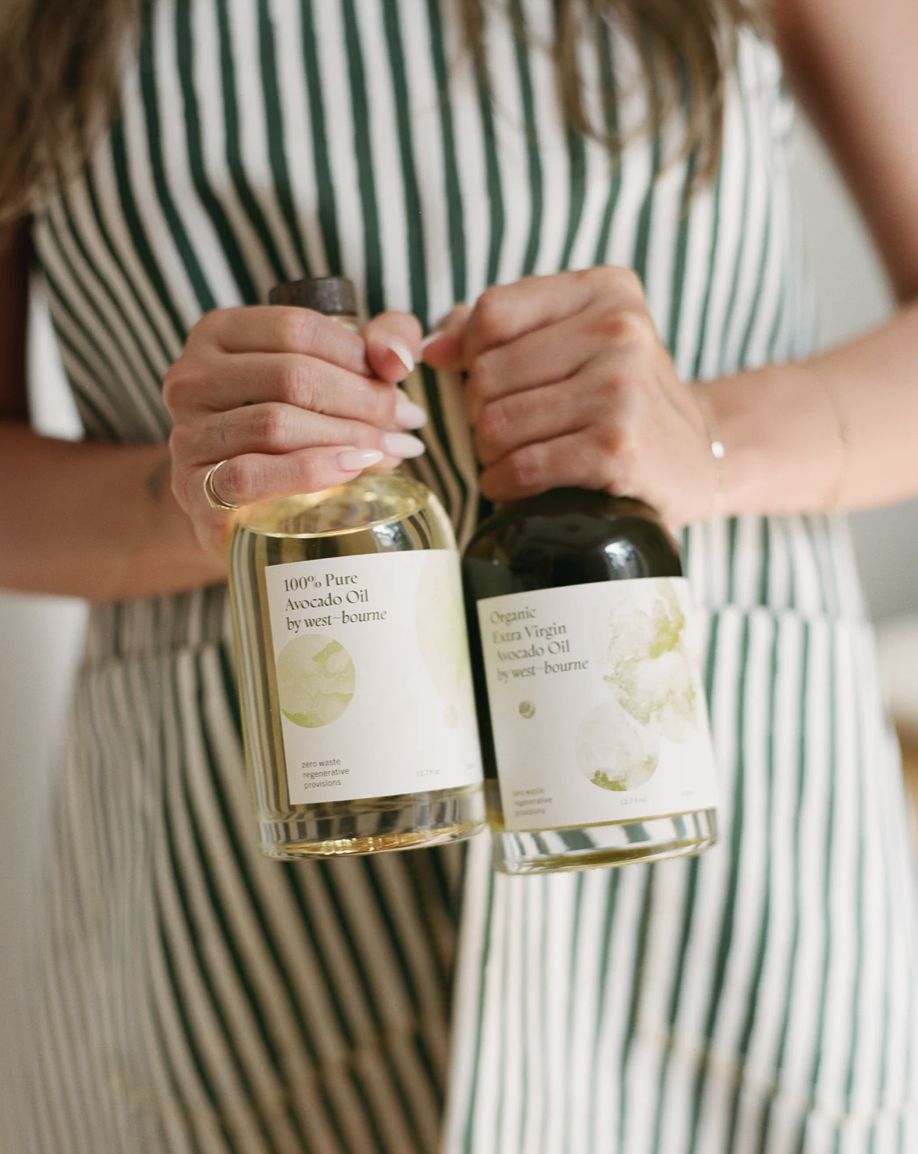
MJ: What are west~bourne’s other core products right now?
CM: Well with our avocado oil, we have both a cooking oil and a finishing oil. Those are going to start to appear in grocery stores. What we are focused on for what we call our hospitality channel, which includes hotels and airlines, is our snacks. Our togarashi crush is still definitely one of our top hits. We also have our coconut almond crumble and our spiced goji berry crunch. Our goal is really to get those into places for discovery.
MJ: How did you decide to target grocery stores, hotels, and airlines?
CM: Everything that we do is really strategic for what we believe will make the greatest impact. We’re looking at data, looking at our carbon assessments, looking at where people are buying food and then we decide where we can have the right impact. That is coupled with the fact that our core ethos, as a restaurant, was always community centered. And so it's really mirroring the data and the research and what we're seeing really work with what our community is telling us. Being good listeners is something that's core to who we are, as well.
MJ: Would you ever open a new brick-and-mortar space? Or do you plan to stick to the consumer products world
CM: Hospitality is always in our DNA. It’s certainly in mine, as a chef by original trade. We really try to extend that into our events. We do a lot of brand collaborations, a lot of activations. We're working on something interesting to bring our hospitality to the forefront. There are a lot of different ways that we'll be expressing it. Maybe not the way it was. We’re always looking to the future, so stay tuned.
MJ: Where are west~bourne products currently sold?
CM: We are in a little over 150 specialty retail stores. We do sell direct-to-consumer on our site. And then we're currently in four grocery shoes and the goal for this next year is to go national.
MJ: That’s exciting! How did you pick the name west~bourne?
CM: I lived on Westbourne Drive and there was this old sixties apartment building that had the coolest sign on it with just a really interesting font. And I always walked by and I thought, That's going to be my company's name one day. The name was really speaking back to 1960s Los Angeles, a time when things were very keyed towards nature. You have the emergence of the Light and Space movement in art, just things really going back to the earth. That's really the soul and the spirit of the company. We're so progressive that we're going back to a time that was much cleaner, much more thoughtful, and again, more tied to nature.
More from The Journal
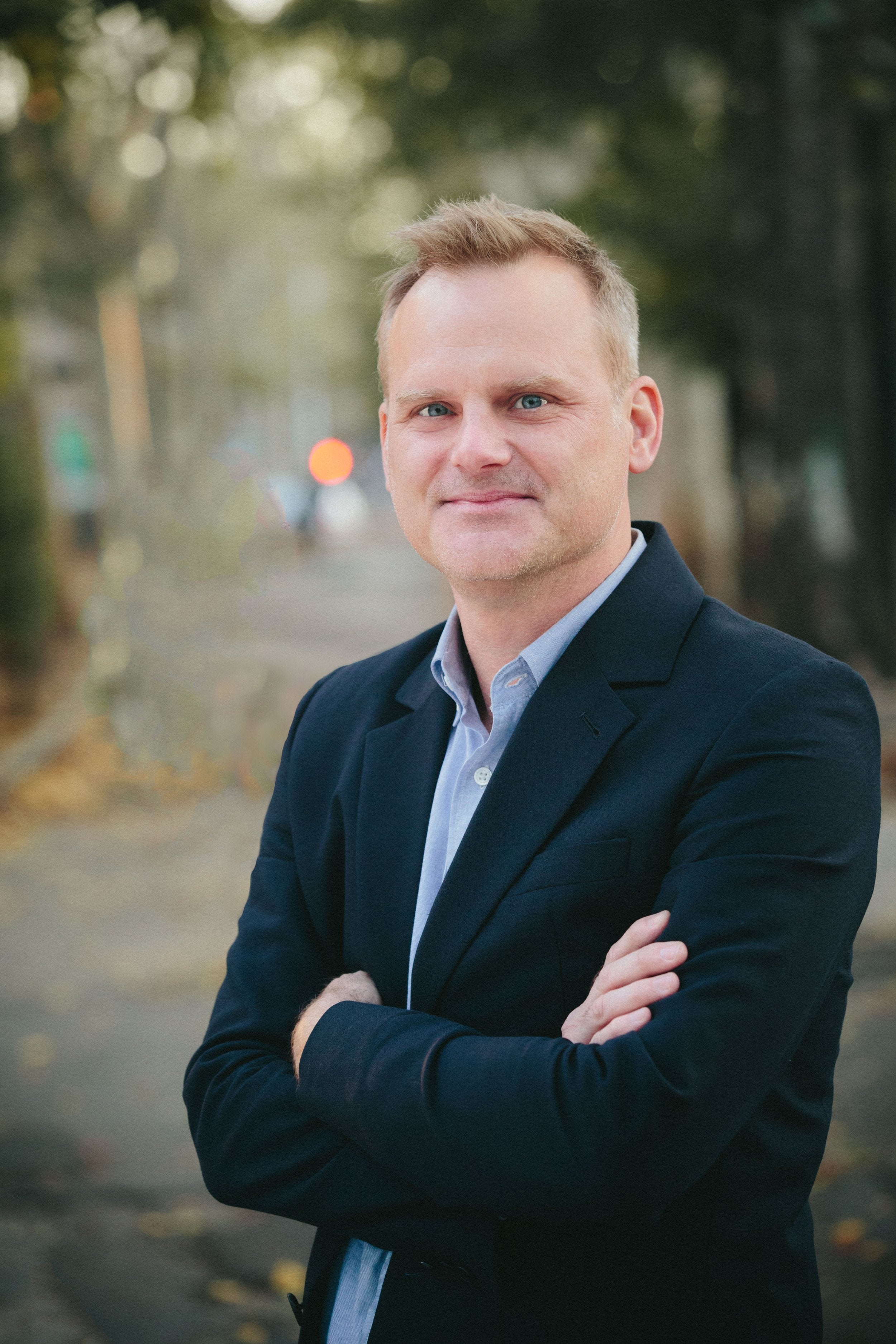
In conversation with Colin Brice, architect and co-founder of Mapos. Colin reminisces on designing Mast’s Mt. Kisco space, his creative path, his human centered approach, and what is next.
Read more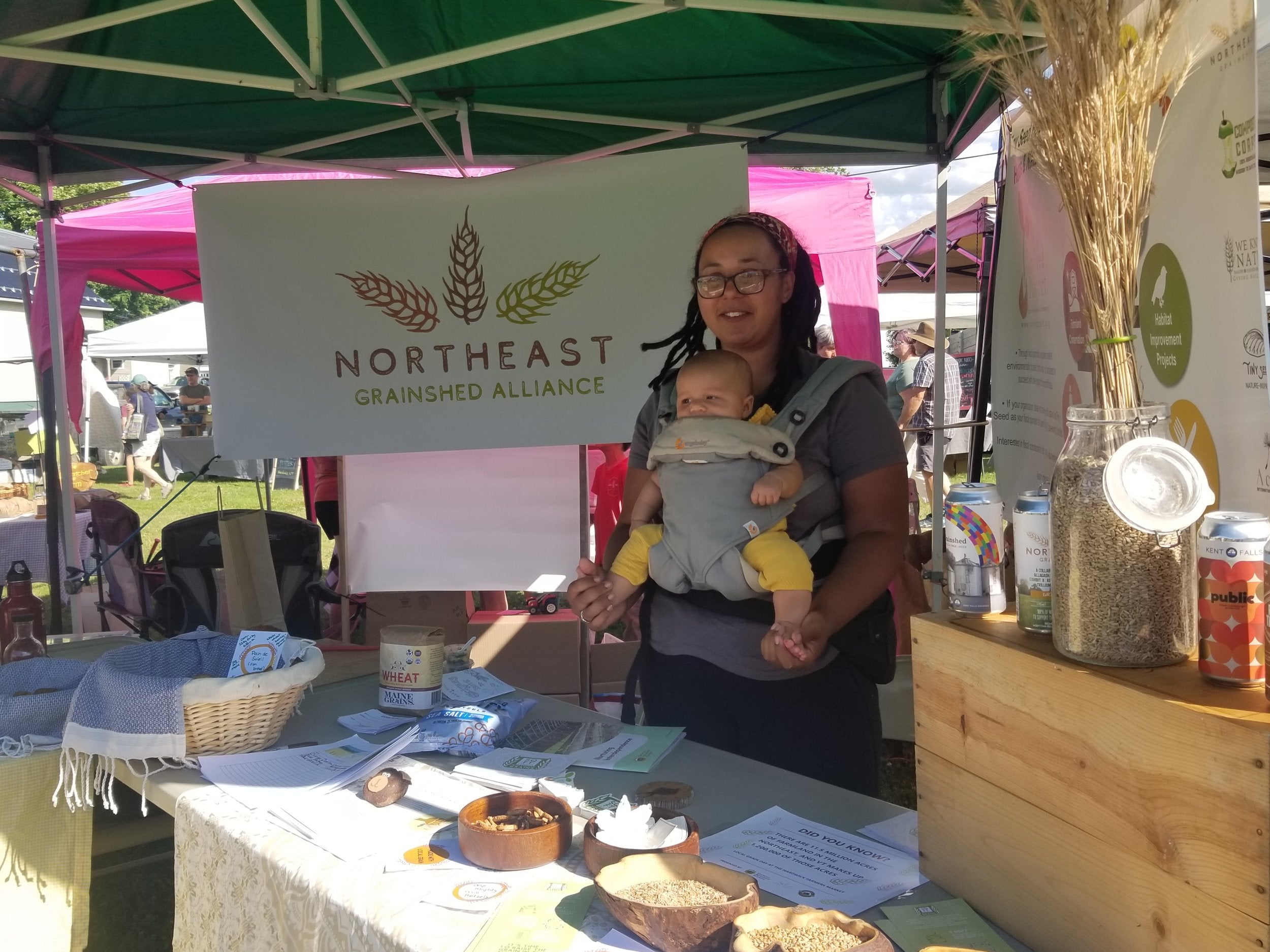
Hannah is Going With the Grain
Talking local, sustainable grains with Hannah Smalls, Executive Director of the Northeast Grainshed Alliance. She shares her path to the organization and what this dynamic community is doing to nou...
Read more